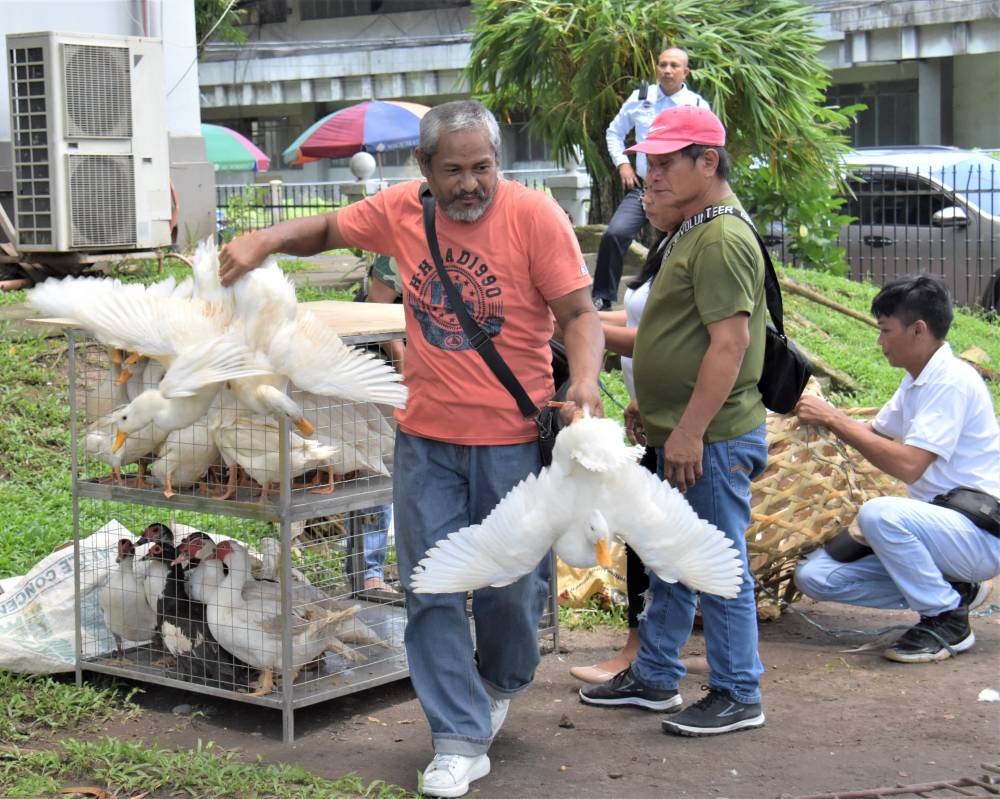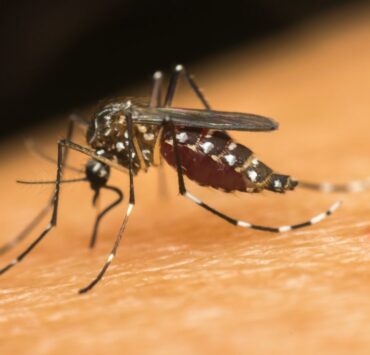Negros Occ distributes farm animals to ASF-affected farmers

BACOLOD CITY—The Negros Occidental provincial government has distributed P724,000 worth of farm animals to help raisers recover from the African swine fever (ASF) that has hit the hog industry in the province.
Among those given by the province to farmers’ associations, local governments and cooperatives were boars, cattle, free-range chicks, ducks and sheep.
Gov. Eugenio Jose Lacson said the distribution of animals bred in two provincial government farms will be held on a monthly basis, with the first held on Sept. 3.
Self-sufficient
“We have become self-sufficient. We are now producing our own animals,” Lacson said.
The governor said the provincial government was also monitoring closely the ASF vaccine being administered to hogs in Batangas.
The Department of Agriculture (DA) kicked off on Aug. 30 the controlled trial of a Vietnam-developed ASF live vaccine in Lobo, Batangas—a municipality with one of the highest cases of ASF.
“I understand that they will focus first on Batangas. We are hoping that if these vaccines are available in Region 6 (Western Visayas), we in Negros Occidental will be able to receive some,” Lacson said.
He said the provincial government will first seek free supply from the DA.
“If we see that it is effective, we may consider buying also,” Lacson said.
Ban still in place
In February this year, Lacson issued an executive order that banned the entry of all pigs, boar semen and pork products from areas with reported cases of ASF in order to protect and enable the multimillion-peso hog industry of the province to recover.
The ban involved those coming from Bacolod City, the provincial capital but is politically independent from Negros Occidental; Cebu province, including Camotes and Bantayan islands; Panay and Guimaras islands; Negros Oriental, Eastern Visayas, Luzon and Mindanao; and countries affected with ASF, as declared by the DA.
According to the National Meat Inspection Service, ASF is a highly contagious viral disease that affects pigs, warthogs and boars. It causes pigs to have high fever and lose their appetite, and causes hemorrhages in the skin and internal organs.
Pigs die in a span of two to 10 days upon affliction. There is no known vaccine yet against ASF.
Health officials reiterated that ASF does not pose any threats to humans and that other pork products from infected areas were safe to eat.

















